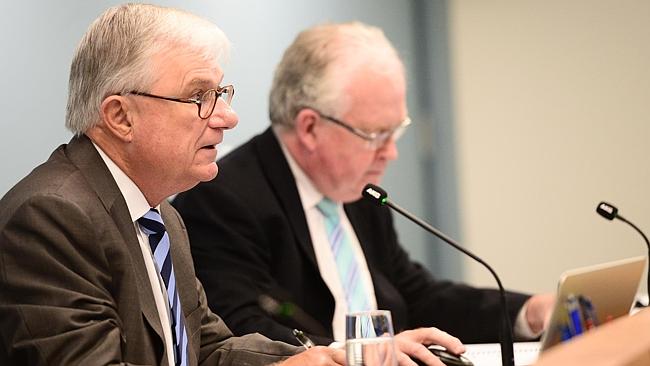Royal Commission Advises $4.4bn Scheme for Sex Abuse Redress
By Gerald J. Schiffhorst
THE “ideal” redress scheme for victims of child sex abuse, which would include an estimated $4.4 billion of financial compensation, is a national scheme led by the Australian government but including all jurisdictions and non-government institutions, according to the national royal commission. The Royal Commission into Institutional Responses to Child Sex Abuse released a consultation paper this morning which will serve as the scaffold on which it builds a redress scheme for tens of thousands of victims and will begin a hearing at 9.30am investigating the possibilities. Although the Commission has “no fixed view” on what the financial payments should be, the paper uses minimum individual payments of $10,000 and maximums of between $100,000 and $200,000 for modelling. “Individual experiences of inadequate or unobtainable redress should be placed in the broader context of a social failure to protect children,” the paper says. “There was a time in Australian history when the conjunction of prevailing social attitudes to children and an unquestioning respect for authority of institutions by adults coalesced to create the high-risk environment in which thousands of children were abused. “Although the primary responsibility for the sexual abuse of an individual lies with the abuser and the institution they were part of, we cannot avoid the conclusion that the problems faced by many people who have been abused are the responsibility of our entire society.” The paper says any national-led scheme would be “difficult to reach if the Australian Government does not favour it or if the state and territory governments do not favour it.” In any case, any scheme should be equitable in the sense that it treats survivors the same no matter where they live, whether the institution still exists or what resources the institution has. Redress would include an apology from the institution included in a “direct, personal response” if the survivor chooses it, access to any and all psychological care and financial compensation “as a tangible means of recognising the wrong survivors have suffered”. Victims advocate group Broken Rites welcomed the report. “Some people will question why these victims should be treated in anyway that is different to others, for example, the victims of crime,” spokesman Wayne Chamley said. “As a society I think we need to consider a fundamental question which is: How should we compensate a person whose life expectations were obliterated because of their childhood experiences?”
|
.
Any original material on these pages is copyright © BishopAccountability.org 2004. Reproduce freely with attribution.
